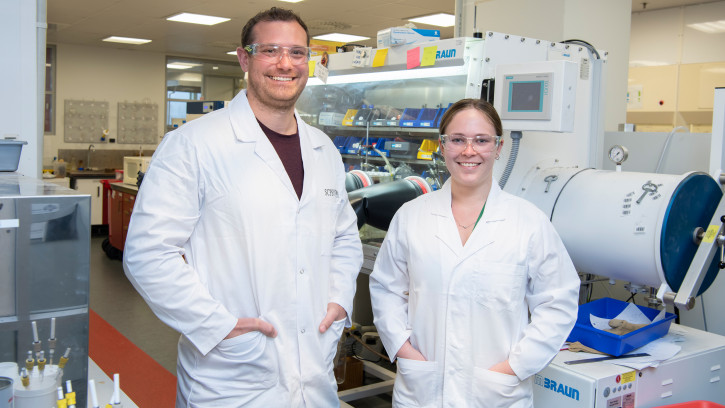Combining the first two steps to make styrene means that it is a lot easier and faster to produce.

Styrene is a derivative of benzene, a colourless liquid used to make plastics, resins, nylon and synthetic fibres. The way that styrene is made today follows three catalytic steps through the Friedel-Crafts alkylation reaction. However, the first two steps involve using a particularly toxic reagent, which is not only expensive but also produces excessive waste.
Researchers at Te Herenga Waka—Victoria University of Wellington have developed a new cost-effective process, transforming the first two steps of the styrene pathway into a one catalytic reaction. No toxic products need to be used, meaning production is more environmentally friendly than current measures and can be made at a significantly lower cost.
Features and Benefits (easier, faster, greener)
Easier and faster way of producing styrene
Wide variety of uses
Transforming the first two steps into a single catalytic reaction is a vital transformation in both an academic and industrial context, providing access to a wide variety of intermediate compounds, fine chemicals and feedstocks.
More environmentally friendly
This method is by-product free and the starting materials are generally cheaper and more readily available.

